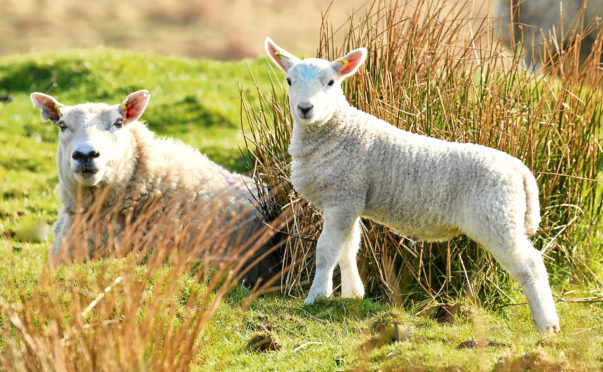Scottish Government has given in to industry demands and made permanent changes to the rules of the Scottish Upland Sheep Support Scheme (SUSSS).
The scheme, which is worth around £6million, is designed to help active hill farmers and crofters through a payment coupled to the number of ewe hoggs they keep as breeding replacements for their flocks.
Lobbying from NFU Scotland (NFUS) resulted in a temporary change to the scheme’s rules last year, and government has now made these changes permanent.
Under the new rules, the application period will now run from September 1 to November 30 – it previously ran from September 1 to October 16.
The retention period has also changed to December 1 to March 31 the following year – it was previously October 17 to March 31 the year after.
NFUS less favoured areas committee chairman, Robert Macdonald who farms at Grantown, welcomed the changes and said they would be of great benefit to industry.
He said the union had consistently called for the application period of the scheme to be extended to provide greater flexibility and reflect the poor weather and difficulties many farmers and crofters can have in trying to gather hill sheep at that time of year.
“These new rules will now make the scheme more effective, giving people time to access hill ground,” added Mr Macdonald.
“The previous application window meant that some had to rush to gather eligible animals and, for some, this gathering would have overlapped with the stag stalking season.”
He said it was vital that SUSSS performed effectively.
“Last year we saw the welcome temporary change to deadlines by the Scottish Government due to the weather, and this gave people time to gather eligible animals,” added Mr Macdonald.
“The problems with the weather in 2017 were exceptional but, by no means, a one-off and it’s therefore welcome to see the Scottish Government make these changes permanent going forward.”
A Scottish Government spokesman said: “We are taking a pragmatic approach to supporting our farmers by introducing these permanent changes.
“We have analysed the impact of the temporary extension given last year and concluded that the benefit to farmers by making this permanent does not alter the objective or effectiveness of the scheme.”
